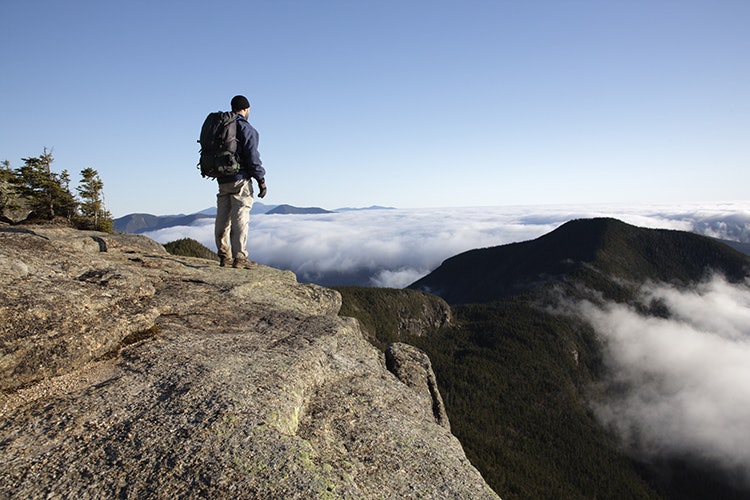
The 30 best countries, cities and regions to visit in 2025
Jun 22, 2015 • 2 min read

Have you ever searched for a word, a phrase, a name – it’s lurking right on the tip of your tongue, but no matter how hard you try, it just won’t come to you? In fact, the harder you try to coax it out, the further it seems to recede into shadow. And then, hours, maybe even days later, it leaps into your head.
If so, you’re not alone. The “tip of the tongue” phenomenon is very real, very common, and a subject of interest to science; studies not only confirm the pattern of remembering when you stop trying, but also that you can use this paradox strategically: if you can’t find a word, quit looking for it – it’ll come to you in time.

People often turn to travel to find something; not a word or a phrase, but to find themselves. The “voyage of self-discovery” is a time-tested travel literature trope that still moves books off shelves. Whether you’re eating, praying and loving your way around the world, giving yourself up to the wild, or building a new life under the Tuscan sun, the take-home message from many popular travel memoirs seems to be this: go seek yourself out there.
Sounds simple enough. But if you ask a room full of experienced travellers, a more nuanced picture emerges: all will be able to point to at least one transformative experience while travelling, but in almost every case they will have had this experience when they were least expecting it. The people that have travelled with the intention of finding themselves have generally failed – or only succeeded the moment they threw in the towel. Travel literature contains countless such stories, and not just in regards to self-discovery: quests that succeed just as they’re abandoned; love that blossoms when the protagonist decides to stop seeking it. ‘I came closest to the real Nepal when least I sought it,’ said travel writer Pico Iyer in Video Night in Kathmandu.
While the search for a tip-of-the-tongue word, looking for love, and a voyage of self-discovery are fundamentally different quests, there’s a pattern that seems to speak to a quirk in our wiring: when we search too intently for something, we get stuck. We subconsciously block ourselves.
‘The best way to find yourself is to lose yourself in the service of others,’ goes the quote commonly, and probably mistakenly, attributed to Gandhi. Service is a wonderful way to lose yourself, but it’s just one way. I lost myself in the wonders of nature. Others have lost themselves in art, in religion, in a near-death experience, or even in pursuit of a perfect meal. So, whether Gandhi said it or not, I’m proposing an edit to that quote, for any travellers intent on a voyage of self-discovery: the best way to find yourself is to stop trying and to simply lose yourself in the world.